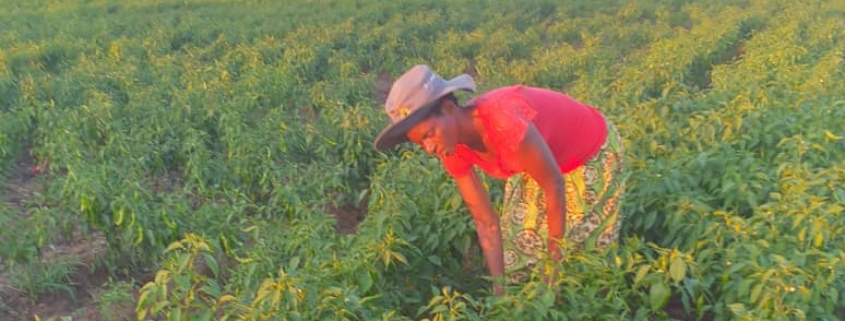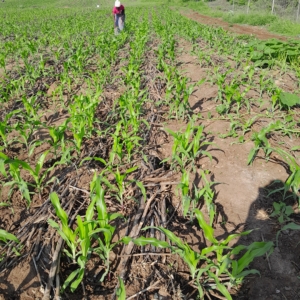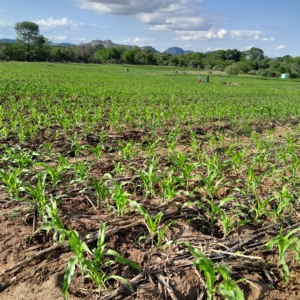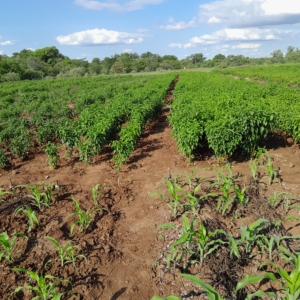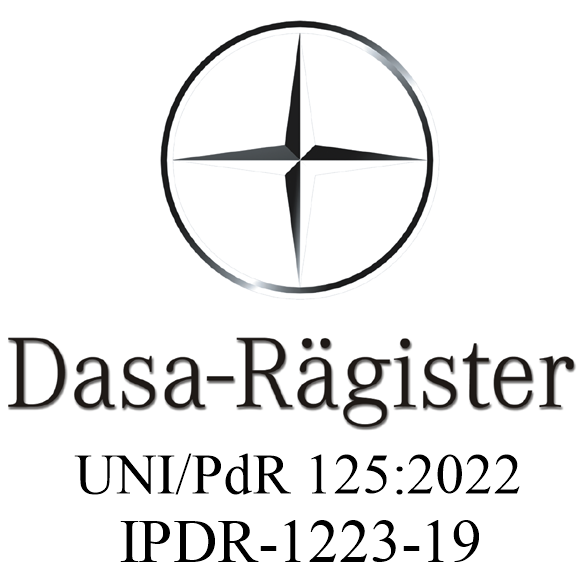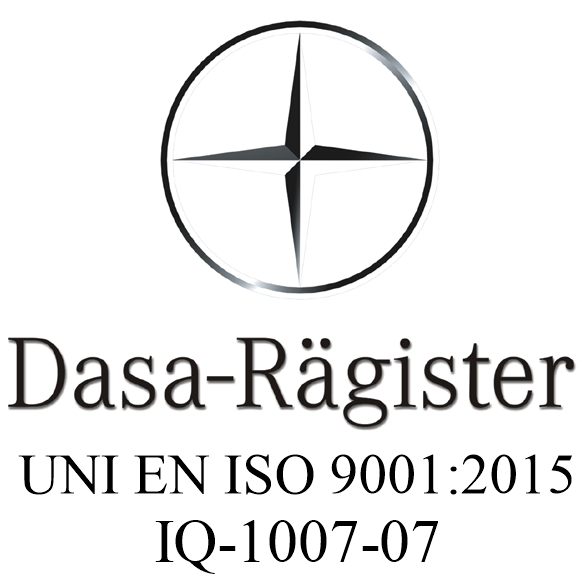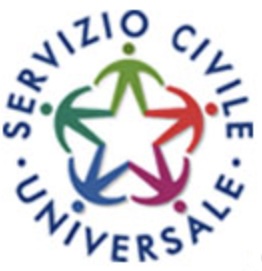Il ruolo delle donne nel progetto “Semi per il futuro” – The role of women in the ‘Seeds for the Future’ project
Women and Land in Zimbabwe sta rafforzando il ruolo delle donne affinché, in modo organizzato, possano influenzare le politiche e gli investimenti pubblici che limitano lo sviluppo di un sistema alimentare locale e differenziato basato su tecniche di agricoltura sostenibile. A questo proposito, la WLZ sta lavorando con i gruppi della Rural Women Assembly (RWA) nei distretti di Chiredzi, Masvingo e Mwenezi nell’ambito del progetto Seeds for the Future (SEFF). Questo progetto mira a raggiungere l’uguaglianza di genere garantendo la piena ed effettiva partecipazione delle donne e le pari opportunità nella leadership a tutti i livelli decisionali. La WLZ intende raggiungere l’uguaglianza e l’empowerment di genere in tutte le sfere dello sviluppo e promuovere una crescita economica inclusiva e sostenibile attraverso la crescita di micro, piccole e medie imprese con le donne al centro dello sviluppo sostenibile.
I gruppi di donne rurali sono stati formati sulla violenza di genere, sull’agroecologia, sui sistemi di sementi, sull’aggiunta di valore, sulla gestione dell’acqua, sulla leadership trasformativa, sui diritti delle donne e dei contadini e hanno trasmesso queste conoscenze ad altre donne nelle loro comunità.
Giovani donne in prima linea nell’agricoltura sostenibile.
Il perimetro di irrigazione di Chiraranye ha trasformato la vita di molte donne rurali nel distretto di Mwenezi. 47 donne e 6 uomini lavorano per l’emancipazione femminile e la sicurezza alimentare nella regione calda e arida del distretto di Mwenezi. L’obiettivo della WLZ è garantire l’integrazione di genere per porre fine alla fame e alla povertà, raggiungere la sicurezza alimentare, migliorare la nutrizione e promuovere un’agricoltura sostenibile. Lo schema di irrigazione a energia solare di 7 ettari è stato realizzato nell’ambito del progetto Seeds for the future (SEFF) e implementato da Women and Land in Zimbabwe con l’obiettivo di promuovere tecniche agricole sostenibili, favorire la sicurezza alimentare e porre fine alla femminilizzazione della povertà. Da tempo immemorabile la coltivazione di colture da reddito è stata affidata agli uomini, dal processo decisionale alla spesa dopo la vendita del raccolto, ma Susan Ncube ha sfidato lo status quo, la sua forte determinazione a porre fine alla povertà è inaudita.
Susan Ncube, 37 anni, madre di tre figli (una ragazza e due ragazzi), vive nel villaggio di Magomana come piccola agricoltrice prima dell’arrivo del progetto SEFF, ora è imprenditrice e membro dell’associazione dei coltivatori di paprika di Mwenezi. Susan Ncube è membro dell’assemblea delle donne rurali e, grazie alla formazione sulla leadership trasformazionale, è stata selezionata come segretaria dell’assemblea delle donne rurali. Il tasso di alfabetizzazione a Mwenezi è inferiore al 50% e l’abbandono scolastico è elevato tra le bambine; fortunatamente Susan sa leggere e scrivere. Questa situazione scoraggia gli studenti a frequentare la scuola e a scegliere di attraversare il confine e andare in Sudafrica.
Nella stagione agricola 2023, Susan ha raccolto patate verdi, pomodori e ortaggi, alcuni dei quali destinati al consumo familiare e alla vendita. Dopo l’aggiunta di valore, Susan ha venduto i suoi cavoli verdi freschi cotti a 1 dollaro per 2, e le verdure a 1 dollaro per 2 per fascio; il profitto ottenuto è stato utilizzato per soddisfare le esigenze quotidiane della sua famiglia, tra cui il cibo, il pagamento delle tasse scolastiche per i suoi tre figli, il risparmio interno e l’atterraggio (ISAL), ed è anche riuscita a comprare le sementi per la stagione agricola 2024.
Lavorare nel campo della paprika le ha cambiato la vita; il sogno di Susan è quello di diventare una vivace commerciante transfrontaliera che alla fine aprirà un suo piccolo negozio nel centro commerciale di Maranda. Con il sostegno del marito e dei familiari, il suo limite è il cielo.
Susan Ncube ha beneficiato delle pratiche di agroecologia femminista ed è stata istruita su come produrre Bokashi (fertilizzante) e infuso di cenere (pesticidi) che lei e altri membri dell’irrigazione hanno applicato nel loro schema e nei loro campi.
Susan utilizza l’acqua del sistema di irrigazione e ha imparato che non passa giorno senza visitare il sistema di irrigazione per controllare le condizioni delle sue colture. Sebbene alcuni membri non abbiano applicato la pacciamatura, i fertilizzanti o i pesticidi, le loro colture non sono buone come le sue. Con il duro lavoro e la determinazione, è convinta che questo sistema di irrigazione trasformerà i suoi mezzi di sostentamento. Il duro lavoro e la determinazione pagano!
Women and Land in Zimbabwe is strengthening the role of women so that, in an organised way, they can influence policy and public investments that limit the development of a local and differentiated food system based on sustainable agriculture techniques. In this regard WLZ is working with Rural Women Assembly (RWA) groups in Chiredzi, Masvingo and Mwenezi districts under the Seeds for the Future project (SEFF). This project seeks to achieve gender equality through ensuring full and effective participation of women and equal opportunities in leadership at all levels of decision-making. WLZ intends to achieve gender equality and empowerment in all spheres of development and promoting inclusive, sustainable economic growth through growth of micro, small and medium-sized enterprises with women at the centre of sustainable development.
Rural women groups have been trained on Gender based violence, agro ecology, seed systems, value addition, water management, transformative leadership, women and farmers rights and they have cascade this knowledge to other women in their communities.
Young women at the forefront of sustainable farming.
Chiraranye irrigation perimeter has transformed the lives of many rural women in Mwenezi district, 47 women and 6 men are working towards women empowerment and food security in the hot arid region of Mwenezi district. The aim of WLZ is to ensure gender mainstreaming to end hunger and poverty, achieve food security, improve nutrition and promote sustainable agriculture. The 7ha solar powered irrigation scheme has been set under the Seeds for the future project (SEFF) and implemented by Women and Land in Zimbabwe with an aim to promote sustainable farming techniques, promote food security and end feminisation of poverty. From time immemorial the growing of cash crops was done by men from decision making to expenditure after selling the crop was done by men but Susan Ncube has challenged the status quo, her strong determination to end poverty is unheard of.
Susan Ncube a 37 year old mother of 3 (1girl and 2 boys) lives in Magomana village as a small scale farmer before the coming in of the SEFF project now she is an entrepreneur and a member of Mwenezi paprika growers association. Susan Ncube is a member of the rural women’s assembly and through trainings on transformational leadership Susan was selected as the rural women’s assembly secretary. The literacy rate in Mwenezi is below 50% of which school drop outs is high among the girl child, fortunately Susan has the ability to read and write. The state of affairs discourages students from going to school opting to cross the border and go to South Africa
Susan has harvested green mealies, tomatoes and vegetables in the 2023 farming season, some for family consumption and sale. After value addition Susan sold her fresh cooked green mealies at $1 for 2, and vegetables for $1 for 2 per bundle and the profit she got was used to cater for her family’s day to day needs including food, pay school fees for her three children, Internal savings and landing (ISAL), and even managed to buy seeds for 2024 farming season.
Working in the paprika field has been life changing for her, Susan’s dream is to become a vibrant cross boarder trader who will eventually open her own small shop in Maranda Business centre. With support from her husband and family members her limit is the sky.
Susan Ncube has benefited from feminist agro ecology practices and has been trained on how to make Bokashi (fertiliser) and ash brew (pesticides) which she and other irrigation members have been applying in their scheme and in their fields.
Susan utilises the water from the irrigation scheme and she has trained herself that no day goes by without visiting the irrigation scheme to check the condition of her crops. Whilst some members did not apply mulching or fertilisers or pesticides, their crops are not as good as her crops. With hard work and determination she believes this irrigation scheme will transform her livelihoods. Hard work and determinations pays!

